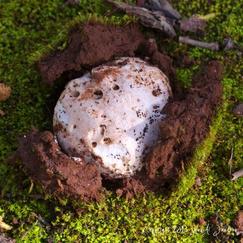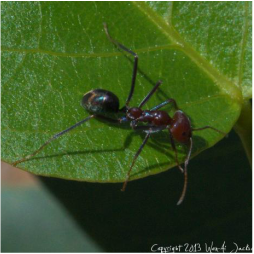Early Years Learning
|
“Children who respect the environment feel an emotional attachment to the natural world, and deeply understand the link between themselves and nature, will become environmentally literate citizens.” (Early Childhood Environmental Education Programs: guidelines for Excellence" written and published by, The North American Association for Environmental Education (NAAEE) in 2010) |
Wetland WalkFocus: How The Wetland Works
Time: approx 30 minutes The children are taken on a guided walk around the wetland. They visit the inlet pipes to see where and how the water enters the wetland, discovering the kinds of pollution that come in through the storm water pipes and the structures that help to remove the pollution from the water (trash racks, reed beds).
|
Scavenger HuntFocus: Living and Non-living Components of the Environment
Time: approx 30 minutes The children are provided with a list of things they need to find around the Urrbrae Wetland. For each of the items ethical conversations are encouraged to allow the children to determine whether they:
|
Wetland Safari
Focus: Things living above and below the water.
Time: approx 30 minutes for each Children explore and investigate the wetland using a variety of observation tools including magnifiers and binoculars, microsopes and simple identification charts. They aim to identify as many different living things as they can, ticking them off as they go. This includes birds, aquatic macro invertebrates, plants and animals. Throughout the activity questions are posed to the children to encourage them to think about how these creatures may rely on one another. |
Water Testing
Focus: How Clean is the Water?
Time: approx 30 minutes The children collect a sample of water from the Wetland, then preform a simple turbidity test to determine how much particulate matter is in the water (dirt) and compare this to drinking water. The children are then able to observe and articulate why it is not safe to drink the wetland water, and what other ways we could use the water instead. | ||||||


